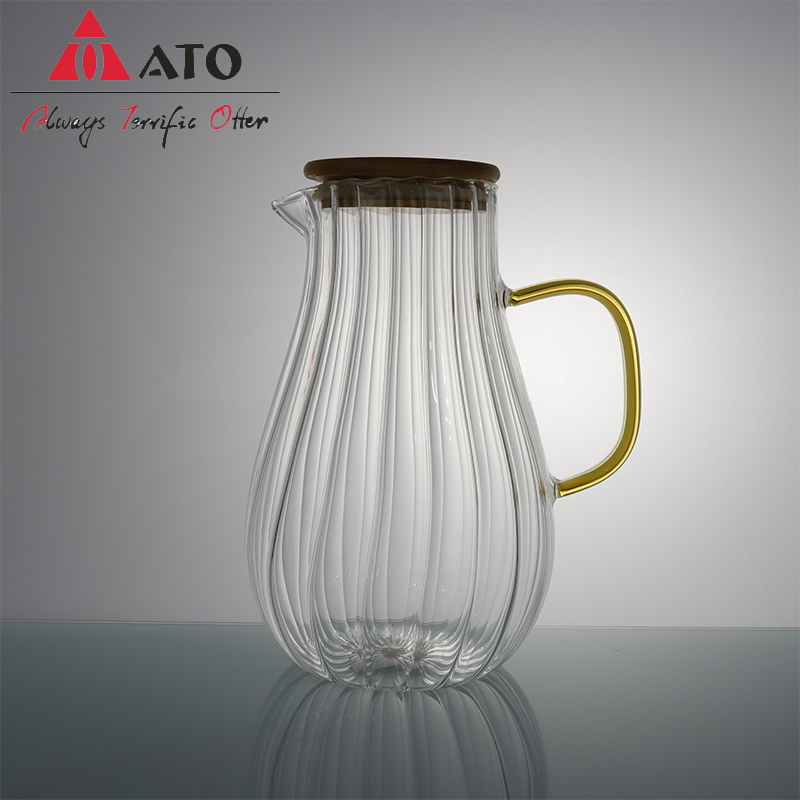Summer is a crucial time for sun protection, and many people are curious about what they should eat to maintain healthy, glowing skin. Questions like "What fruits are good for me?" or "I've gotten a bit darker after studying in the sun—what can I eat to brighten up?" are common. Skin whitening has always been a top concern for beauty enthusiasts. But is there really any food that can help with summer skin lightening? And does it actually make a difference?
So, what foods are effective for whitening? The causes of darkened skin are varied—sun exposure, inflammation, hormonal changes, abnormal skin cell metabolism, and even medication can all play a role. Among these, UV radiation is one of the most significant external factors that cause oxidative stress and aging of the skin.
That’s why foods rich in antioxidants can be beneficial in preventing darkening, especially when it's related to sun exposure. Antioxidants mainly include vitamins (such as A, C, and E) and phytochemicals (like lycopene, beta-carotene, anthocyanins, chlorophyll, polyphenols), as well as minerals such as selenium. These compounds help neutralize free radicals that damage the skin.
Fruits and vegetables are the top sources of these powerful antioxidants. When choosing them, it's best to go for fresh and deeply colored options. Darker-colored produce tends to have higher levels of antioxidants like vitamin C, vitamin A (which the body can convert into retinol), and various phytochemicals:
- Green: broccoli, kale, spinach, green peppers, kiwi
- Purple/Black: eggplant, blueberries, blackberries, purple cabbage
- Orange/Yellow/Red: carrots, pumpkins, mangoes, red peppers
- Red: tomatoes, cherries, red bell peppers
Vitamin E is found mainly in plant seeds, such as wheat germ, nuts, and beans. Leafy greens also contain some vitamin E, and they often have more than yellow vegetables. Selenium-rich foods include sesame seeds, brewer’s yeast, eggs, and whole grains. While these foods can support skin health and may contribute to a brighter complexion, it's important to remember that results take time and consistency. For those who already have darker skin, individual differences, portion sizes, and timing all matter.
Drinking enough water is also essential, as it helps boost metabolism and flush out toxins from the body.
On the flip side, some foods might not be ideal for skin lightening. Certain plants contain compounds called furanocoumarins, such as figs, parsley, limes, lemons, and bergamot. Eating these before sun exposure could increase your sensitivity to UV rays, potentially leading to dark spots or rashes. If you do consume them, try to limit intake and always apply sunscreen if you plan to be outdoors.
While the exact mechanism of how furanocoumarins affect skin pigmentation isn't fully understood, it's generally believed that they react with cellular components under UV light, triggering melanin production and causing skin discoloration. Symptoms can vary depending on individual sensitivity, exposure duration, and the type of plant involved.
If your darkened skin is due to other factors like inflammation, hormonal imbalances, or medication, it’s best to consult a dermatologist for proper treatment.
In short, while diet plays a role in maintaining healthy skin, it’s just one piece of the puzzle. Combining a balanced diet with sun protection, hydration, and professional care will give you the best results.
Pitchers Glass features a unique design that combines the best features of a pitcher and a glass. It has a large capacity, allowing you to serve multiple servings at once, making it perfect for parties and gatherings. The sturdy handle provides a comfortable grip, ensuring easy pouring without any spills.

Pitchers Glass,Multi-Function Pitchers Glass,Fruit Juice Pitcher,Pitchers Glass With Handle
Xi'an ATO International Co., Ltd , https://www.ato2008.com